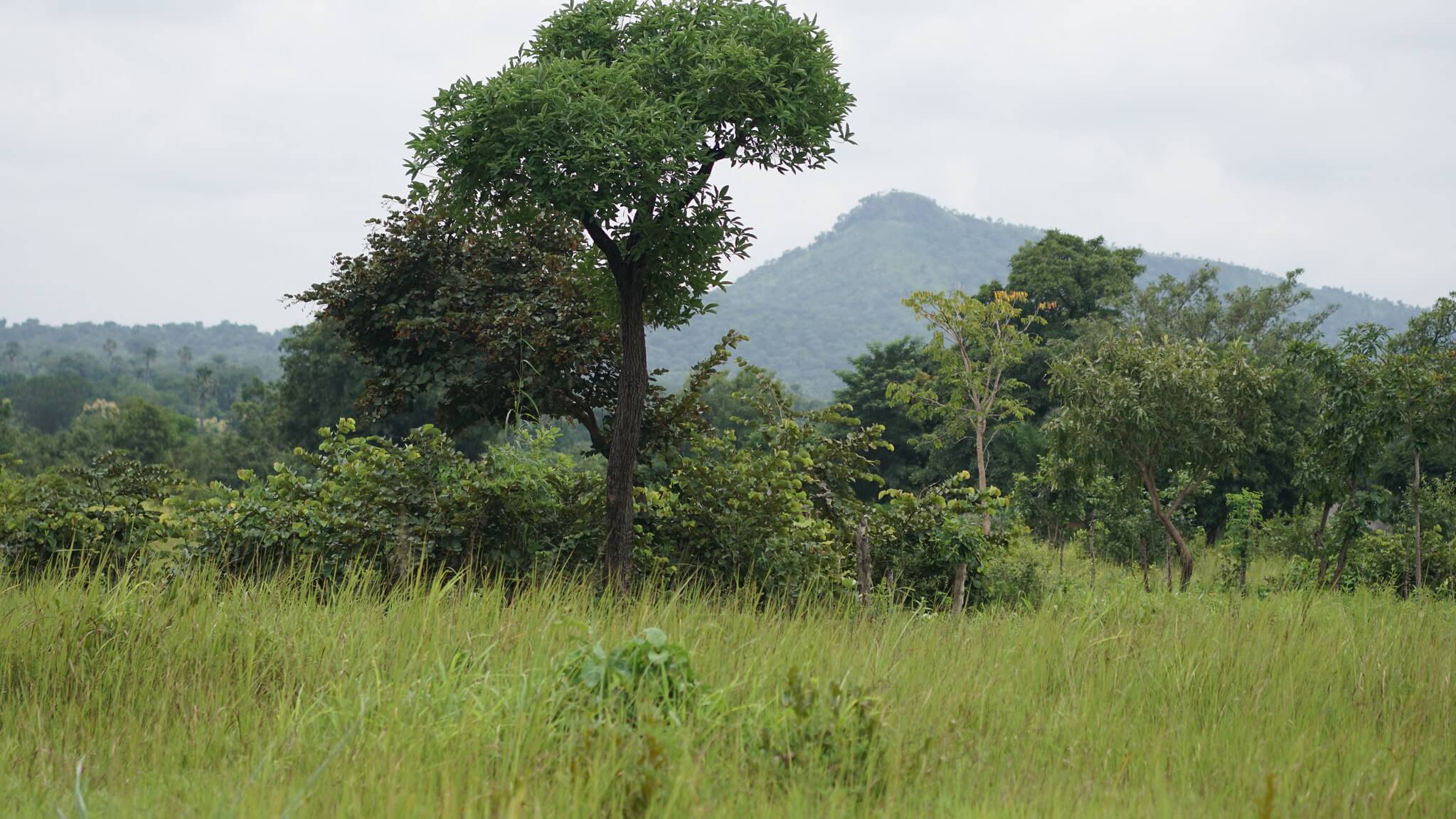Climate justice: building resilience
At Integrate Health, we are not just observers of the climate change crisis; we are active participants in the solution. We rigorously measure, reduce, and mitigate our carbon footprint, ensuring that as we strive for health equity, we are also safeguarding our planet. Additionally, we champion the vital role of Community Health Workers (CHWs) in addressing the health repercussions of climate change. As the “first line of defense,” CHWs are crucial in responding to immediate threats like extreme weather and disease outbreaks, while also bolstering community resilience against long-term climate impacts.

Impact of climate change on women and children
Women and children are disproportionately affected by climate-related disasters, facing heightened vulnerabilities and barriers to healthcare access in their communities. Rising temperatures, extreme weather events, and environmental degradation exacerbate existing health inequalities, leading to increased risks of maternal illness, preterm birth, and childhood malnutrition.

In West Africa, five types of extreme weather events—heatwaves, droughts, flooding, storms, and wildfires—pose significant risks to maternal and perinatal health. These conditions are linked to an increase in gestational diabetes, hypertensive disorders of pregnancy, preterm births, low birth weights, and stillbirths.

In Togo and Guinea, rising temperatures coupled with increased rainfall during the humid season escalate the risks of vector-borne diseases such as malaria, dengue fever, and chikungunya, alongside water-borne and other infectious diseases. Climate change intensifies these threats, with severe implications for maternal and child health.

Climate change significantly impacts food security by affecting availability, quality, and diversity of food sources. Concurrently, rising sea levels contribute to higher salinity in drinking water sources. This exacerbates health risks, particularly for pregnant women, who face an increased risk of developing conditions like preeclampsia.
Climate change is not gender neutral
Climate change deepens gender disparities, hitting women and girls hardest. In environments like Togo and Guinea, where healthcare access is already strained, the heightened frequency of extreme weather disrupts essential services and disproportionately jeopardizes maternal and child health.




